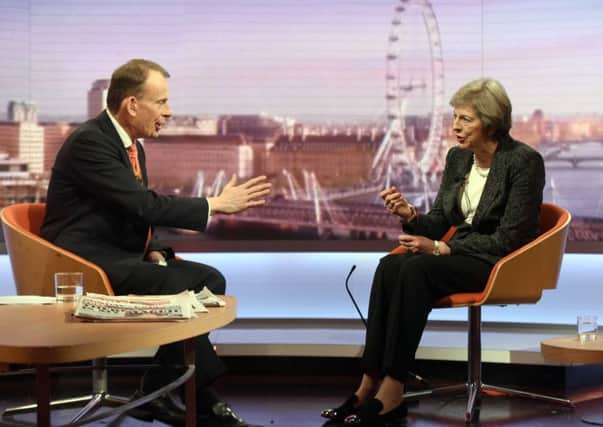Leader comment: Row over nuclear missile is more heat than light


An assurance that measures have been taken to rectify any faults that may have been found in the missile’s firing system is certainly due. But it is one thing to seek clarification. It is quite another for those fundamentally opposed to the UK’s nuclear defence to seize upon the possible failure of one unarmed missile to relaunch their opposition to all nuclear weapons in principle.
First Minister Nicola Sturgeon, a long standing opponent of Trident, has called for a “full disclosure” of what happened while the Campaign for Nuclear Disarmament described reports of a misfire as a “very serious failure”. Its general secretary Kate Hudson declared: “There’s absolutely no doubt that this would have impacted on the debate in Parliament.” Others have called for “full disclosure” – a relatively anodyne response were not the detailed workings of our nuclear capability a matter of obvious and compelling national security.
Advertisement
Hide AdAdvertisement
Hide AdThese responses are little more than facile opportunism. The House of Commons voted decisively – by 472 votes to 117 – to back nuclear weapons. Does anyone really think that this one incident casts doubt over our ability to safely own and effectively deploy a nuclear deterrent? Of course not. Will this one incident change many people’s minds about the morality of weapons of mass destruction? Of course not.
The cause of the reported malfunction remains secret. Such secrecy is fully understandable and this incident does not merit the risks to national security that any inquiry would bring.
The Trident system was acquired in the early 1980s as a replacement for the Polaris missile system, which the UK had possessed since the 1960s. It came into use in the 1990s. The system has so far operated without incident but the current generation of four submarines will begin to end their working lives some time in the late 2020s. To the extent that there was any serious malfunction, the impact of such a fault on a Commons vote for renewal could well have cut both ways, with the argument for renewal if anything strengthened.
Any detailed discussion would be likely to prove awkward for Labour. Shadow defence secretary Nia Griffith says the party is committed to renewing the Trident system but its leader Jeremy Corbyn - a longstanding CND campaigner - wants to change the party’s position and has launched a defence review to examine the issue.
In the meantime further comment should surely await a statement from Defence Secretary Michael Fallon, who will be asked for a further comment on the matter.